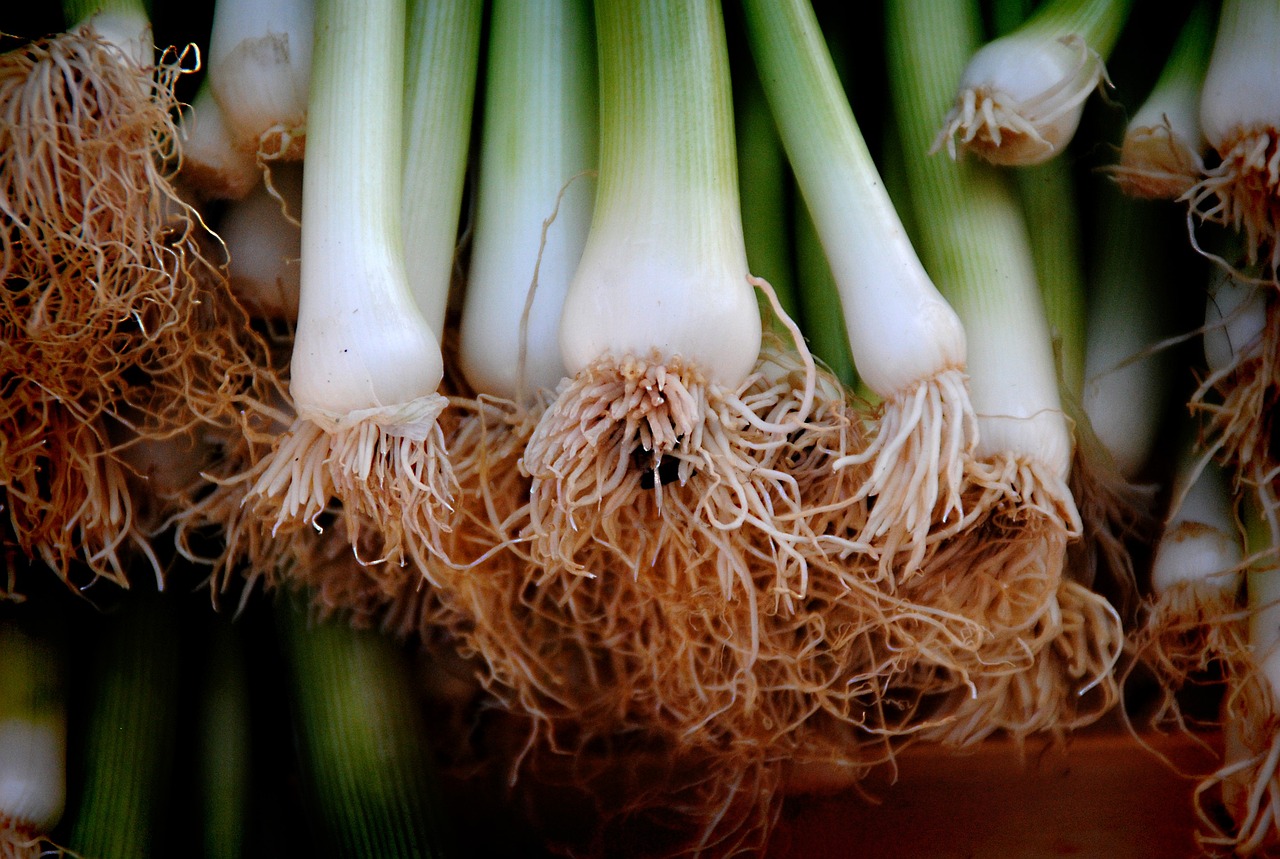Exploring the Health Benefits of Herbal Remedies: From Traditional Wisdom to Modern Science
For centuries, humans have turned to nature for healing. Herbal remedies have been passed down through generations, offering natural solutions to a variety of health issues. From traditional wisdom to modern scientific research, herbal remedies continue to be a popular choice for those seeking alternative medicine options.
Understanding Herbal Medicine
Herbal medicine, also known as herbalism or botanical medicine, involves using plants and plant extracts to promote health and treat illness. The use of herbs for medicinal purposes dates back to ancient civilizations, where plants were used to address various ailments. Herbal medicine is based on the idea that plants contain natural compounds that can support the body’s healing processes.
Benefits of Herbal Remedies
Herbal remedies offer a range of health benefits, from boosting the immune system to reducing inflammation. Some popular herbal remedies include ginger for digestion, echinacea for immune support, and lavender for relaxation. These natural remedies are often gentler on the body than pharmaceuticals and can be used to complement conventional treatments.
Traditional Wisdom vs. Modern Science
While herbal remedies have a long history of use in traditional medicine systems, modern science has also begun to explore the health benefits of these natural treatments. Scientific research has identified the active compounds in many herbs and their potential effects on the body. Studies have shown that certain herbs have antioxidant, anti-inflammatory, and antimicrobial properties that can improve health and well-being.
Herbal Remedies for Common Health Concerns
There are a variety of herbal remedies that can be used to address common health issues. For example, chamomile is known for its calming properties and can help with anxiety and insomnia. Eucalyptus is often used to relieve congestion and improve respiratory health. Turmeric has anti-inflammatory benefits and may help reduce pain and swelling.
Integrating Herbal Remedies into Your Wellness Routine
If you are interested in incorporating herbal remedies into your wellness routine, it’s important to do your research and consult with a healthcare provider. Some herbs can interact with medications or have side effects, so it’s essential to use caution when using herbal treatments. You may also consider working with a trained herbalist who can provide guidance on the best herbs for your specific health needs.
FAQs
1. Are herbal remedies safe to use?
While herbal remedies are generally considered safe, it’s important to use caution and consult with a healthcare provider before starting any new herbal treatment.
2. Can herbal remedies be used in conjunction with prescription medications?
Some herbs may interact with prescription medications, so it’s important to talk to your doctor before using herbal remedies if you are taking other medications.
3. How can I find high-quality herbal products?
Look for reputable companies that source their herbs from trustworthy suppliers and follow good manufacturing practices.
4. Are herbal remedies regulated by the FDA?
Herbal remedies are considered dietary supplements and are not regulated as strictly as pharmaceutical drugs. It’s important to do your own research and choose products from reputable companies.







